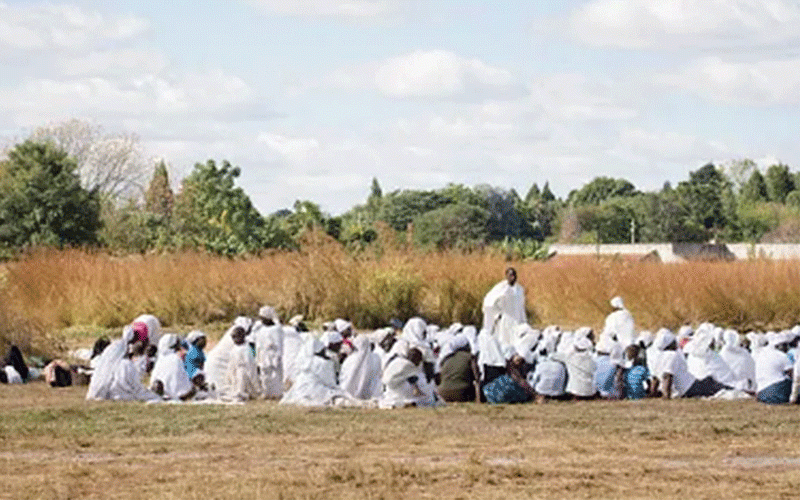
ZIMBABWE on Sunday announced that it had recorded two positive cases of the Mpox virus, but was quick to allay any fears citizens might have saying the “situation was under control”.
Health and Child Care minister Douglas Mombeshora said the two cases involved an 11-year-old male child who last month returned to Zimbabwe from South Africa and a 24-year-old male who had returned from Tanzania.
The two were currently in isolation, Mombeshora said.
Zambia last week also detected the Mpox virus.
Between May and September, South Africa reported 25 laboratory-confirmed cases of Mpox and three deaths, according to the World Health Organisation (WHO).
It was a matter of time before Mpox spread to Zimbabwe after it was detected in neighbouring countries.
In August, WHO declared Mpox a public health emergency based on the outbreak in the Democratic Republic of Congo.
The Africa Centres for Disease Control and Prevention (Africa CDC) at the same time also declared the virus a public health emergency of continental security in Africa enabling it to to marshal resources to fight the virus.
- Mavhunga puts DeMbare into Chibuku quarterfinals
- Bulls to charge into Zimbabwe gold stocks
- Ndiraya concerned as goals dry up
- Letters: How solar power is transforming African farms
Keep Reading
Mpox symptoms include fever, rash (that can look like pimples or blisters that appear on the face, inside the mouth, or other parts of the body, especially hands, feet and chest) and headache.
The symptoms also include muscle ache and backache, swollen lymph nodes, chills, exhaustion and respiratory symptoms (sore throat, nasal congestion or cough).
Mpox, first detected in the Democratic Republic of Congo, has now spread to all of Africa’s five regions and has claimed 738 lives, according to the Africa CDC.
Mpox will not be the last virus to hit our shores.
The COVID-19 experience must galvanise us to beat the virus.
Personal hygiene, increased surveillance, contact tracing testing and isolation will be key in the fight against Mpox.
COVID-19 taught us that when we threw away the reins, the results were disastrous.
The fight against Mpox does not rest solely on the government’s shoulders, but includes religious groupings, civic society and citizens.
A clear messaging from the government will be what the doctor ordered.
During the COVID-19 era, there initially appeared to be mixed messaging, which slowed the fight against the pandemic.
While the world was at sixes and sevens on how to contain COVID-19, a senior government official was pontificating that the pandemic was God’s way to punish countries that had imposed “illegal sanctions” on the country.
Government measures to contain Mpox must be respected and adhered to.
During the COVID-19 pandemic, the ban on gatherings was violated willy-nilly by citizens, with apostolic sects being the biggest culprits as they held annual conferences during the period when the grim reaper was on the prowl.
Mombeshora said on Sunday that the ministry had placed all its structures on “high alert, including at all ports of entry” and that the government had also activated the national and subnational incident management systems.
The country needs to tighten its borders through stricter screening. However, this is not a licence to impose travel restrictions.
The Africa CDC says travel restrictions are not the answer as they are inconsistent with international health guidelines and risk undermining public health responses, deepening economic challenges, and reigniting the inequities and mistrust that surfaced during the COVID-19 pandemic, particularly between the Global North and the Global South.
It implores countries to adopt evidence-based approaches to managing outbreaks that include promotion of accurate and up-to-date public health to ensure travellers understand how to protect themselves.
They must also strengthen transparency, cross-border surveillance and information sharing, facilitate timely detection and response to cases and foster regional and global collaboration to mobilise essential resources such as diagnostics, therapeutics, and vaccines in an equitable manner.






